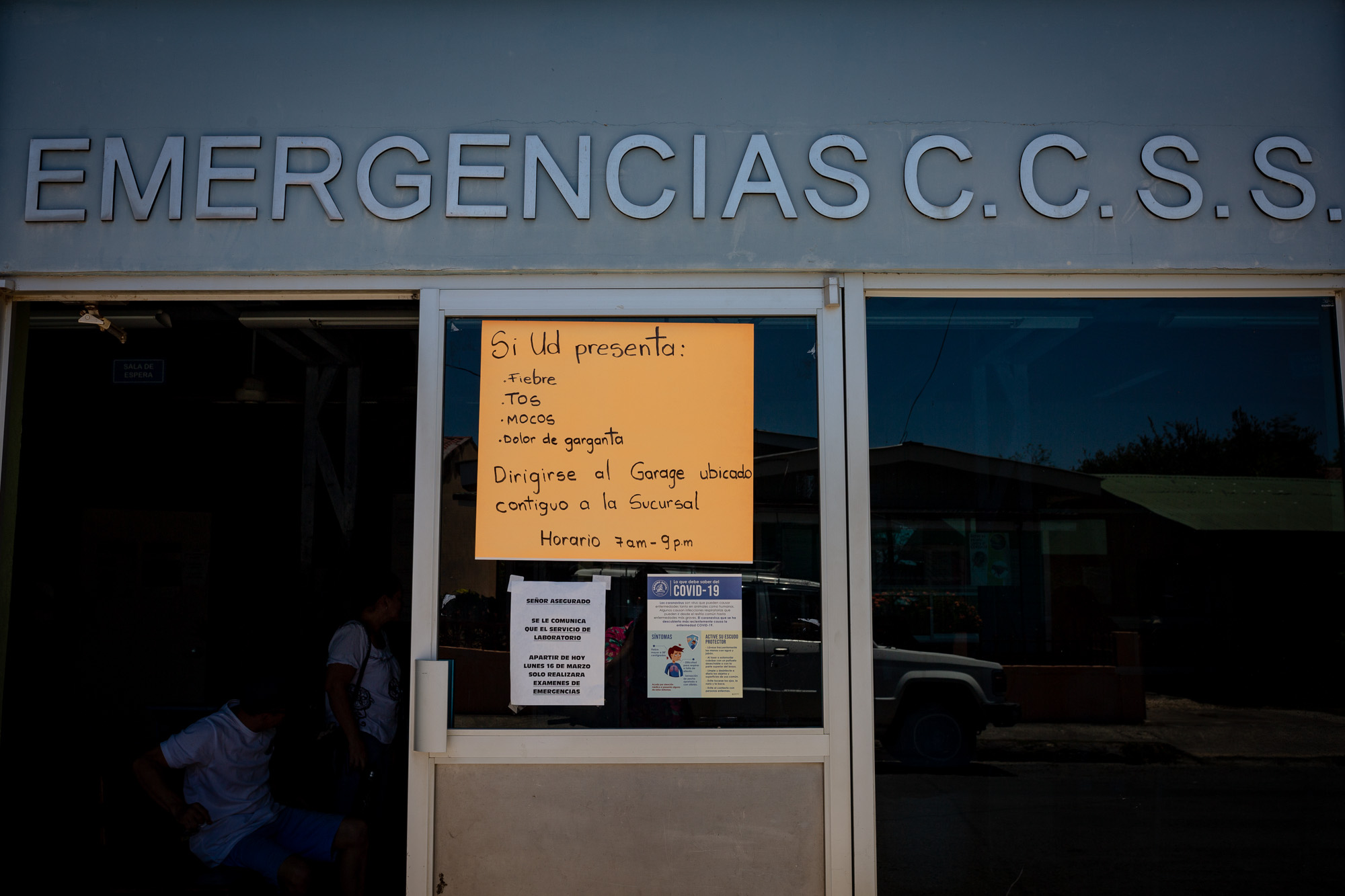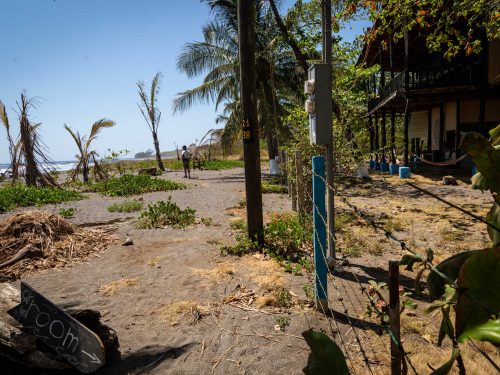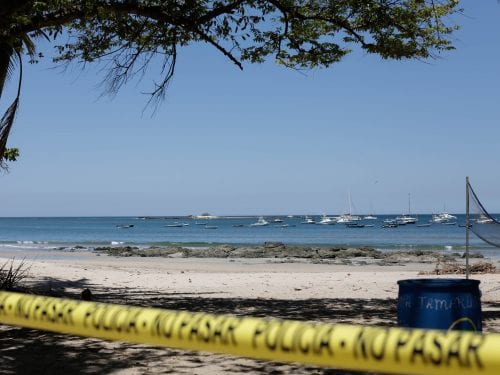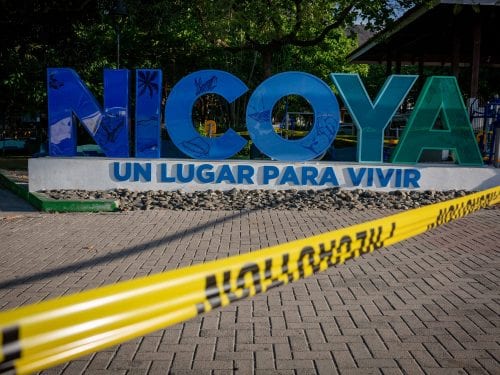
Santa Cruz reports a new person infected with COVID-19, confirmed to The Voice of Guanacaste the director of the Health Guiding Area of Santa Cruz, Luis Alonso Matarrita. This is a woman with resident status who entered the country about two weeks ago.
“She is stable, she is in home isolation and today the Ministry of Health turned the sanitary order to the contacts she had,” Matarrita said. He didn’t have how many people are under this restriction on hand.
Matarrita explained that the sample of this patient was taken yesterday. Today, in the early afternoon, they received a call from the Ministry of Health in San José notifying that it was positive. According to the doctor, they still await an email from Inciensa with the result.
Shortly after the call was received by the director, the information began to circulate on social media. Matarrita regrets that this leak happens.
The distress it gives me is that we have to inform the patient first. But we don’t know how the information is filtered.”, he said.
The government extended the closure of borders until June 15. Nationals and residents can enter the country.
Guanacaste reports 24 positive cases of COVID-19. Of these, 13 are recovered and 11 active: five in Bagaces, two in Liberia, one in Abangares, one in La Cruz, one in Cañas and, now, one in Santa Cruz.
More sampling
This week, Santa Cruz conducted five tests. According to the director, the sampling was “intensified” by a new measure of the Ministry of Health in which it is established that tests will be carried out to detect COVID-19 on all persons entering through the border or airports. After 14 days, the corresponding health areas should perform a second sample on these people, he said.
“We also have had reports of cases in Santa Cruz area of people who have entered the country illegally and the neighbors themselves denounce, so there is a whole mobilization of the Ministry of Health, which takes the complaint from the neighbors and makes the visit to the person to investigate the case,” he added.
According to him, the situation in Nicaragua has the entire health system concerned. “We are going to enter a scenario that is going to be more difficult to contain the outbreaks.”
“Those who enter legally does not worry so much, what has us stressed and concerned are those who enter illegally because they do not keep the isolation and when we find out is that they have all the symptoms, they have been around different parts and that is going to be more difficult,” he said.
He assured that, so far, they have not taken samples from anyone who has entered illegally.
Matarrita also expressed concern about the xenophobia of a certain part of the population when foreigners test positive.
Epidemiologist Ana Morice explained that the focus of the Ministry of Health is now on 33 communities with the highest risk, in which they will perform 30 tests per area, per week. “They are communities, not health centers. We think that the characteristics changed towards urban-marginal centers with a high concentration of migrants.”
This was announced by Health Minister Daniel Salas this Wednesday May 6 at a press conference. In addition, there are 18 sites called “centinela” where health centers test people with symptoms for respiratory viruses and where the COVID-19 test is now performed as part of the protocol. One of those sites is La Cruz.
We are not only taking more but more strategically depending on where cases can appear. We have to go look for those cases so as not to detect them late,” Morice explained.
Nicoya Hospital on alert because of the case
The Nicoya Hospital again canceled visits to hospitalized patients, external medicine consultations and will reschedule surgeries “mainly those users in Santa Cruz.” This was detailed by director Anner Angulo.
He said that the change in service provision is a preventive measure until the positive case contacts are determined and if they have also been in contact with other people.
If they have circulated in different areas, there may be asymptomatic cases spreading the virus.”
Angulo describes as “a second wave” the increase in cases in Guanacaste during the last two weeks. “It is expected because people become calmer, more confident, and despite the fact that the border is closed, some people come to our area. People from San José are coming to Guanacaste, there is more traffic and this means that at some point we have more cases that can be positive,” he said.
The Costa Rican Ministry of Health reported this Friday, May 8, 773 people confirmed with COVID-19. 461 are already recovered.









Comments